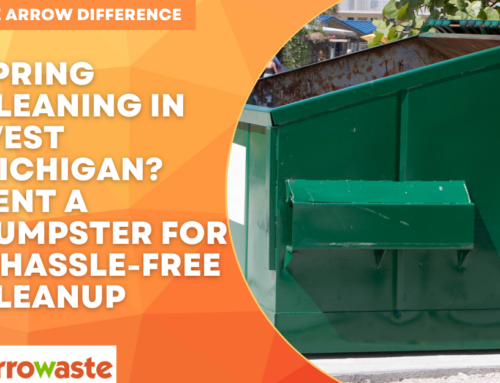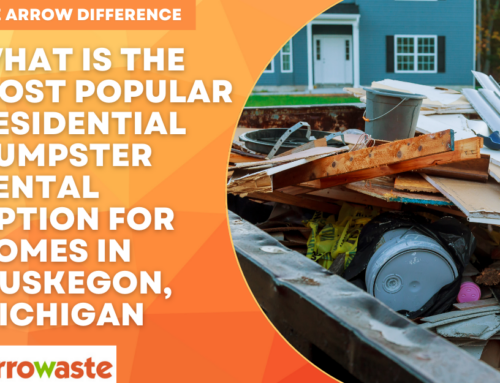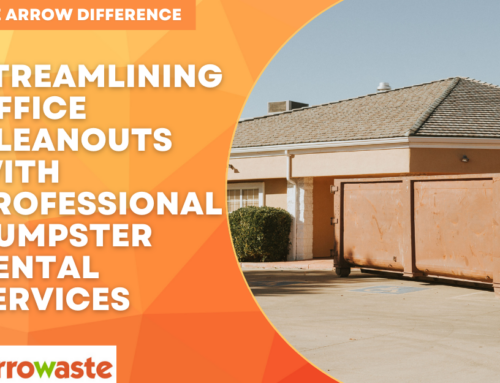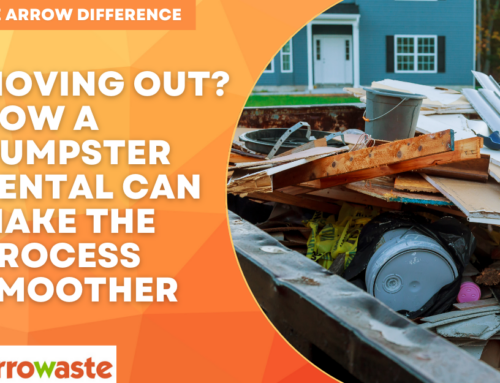Most people have heard that you should never throw out a battery with the rest of your normal trash. Although, how many people actually follow through with that advice? The answer is probably not that many, unless you work for a company that follows certain hazardous waste disposal methods. So then why doesn’t the average Joe use those same methods with his dead batteries? It’d be a good guess to say that he probably doesn’t know how.
How many people who have heard these warnings about throwing away batteries were then told how to properly dispose of them? Well, here are some facts about batteries and how to go about getting rid of them.
Why You Can’t Just Chuck Them in the Trash
Batteries are actually composed of a variety of different chemicals and materials that can be extremely hazardous to personal and environmental health. Up until 1996 batteries actually contained mercury, which is poisonous to humans, animals, and plant species. The Mercury-Containing and Rechargeable Battery Management Act prohibited the sale of batteries that contained mercury and imposed other restrictions on retail sales. When batteries end up in landfills, metals like mercury can leech into the surrounding environment, poisoning groundwater and other natural resources.
While removing mercury was a positive step forward, batteries still contain a number of dangerous heavy metals. Today, batteries can consist of lead, lithium, copper, zinc, magnesium, and more. So it’s still a good idea to recycle them. Lithium-ion batteries, alkaline batteries, and other general purpose batteries should be recycled, while car batteries should be taken to a waste management facility or a shop that will take them for later recycling.
How to Recycle Batteries
There are a few options when it comes to recycling a battery. Call2Recycle is an excellent program that partners with numerous local companies to provide convenient battery drop-off locations. They also offer a shipping option, allowing you to send your batteries directly to them for recycling. Call2Recycle is an excellent option for disposing of your batteries responsibly, helping to protect the environment from damage.
If recycling batteries is too much of a worry for you or too hard to manage in your household, then consider switching to rechargeable ones. They last a long time and cut down on the amount of time spent worrying about properly disposing of them. It’s also a good idea to contact your local trash pickup services to see what types of recycling options they offer.
Finally, remember that you should never litter, especially batteries. Litter clean up can cost up to $11.5 billion each year, but the damage done to the environment is often permanent. Batteries should never be disposed of in your garbage or recycling carts. Improper disposal can cause fires in landfills, garbage carts, or garbage trucks, posing risks to the environment, your safety, and the safety of our drivers. Always be aware of what your putting in your cart and the harm it can cause to others.






